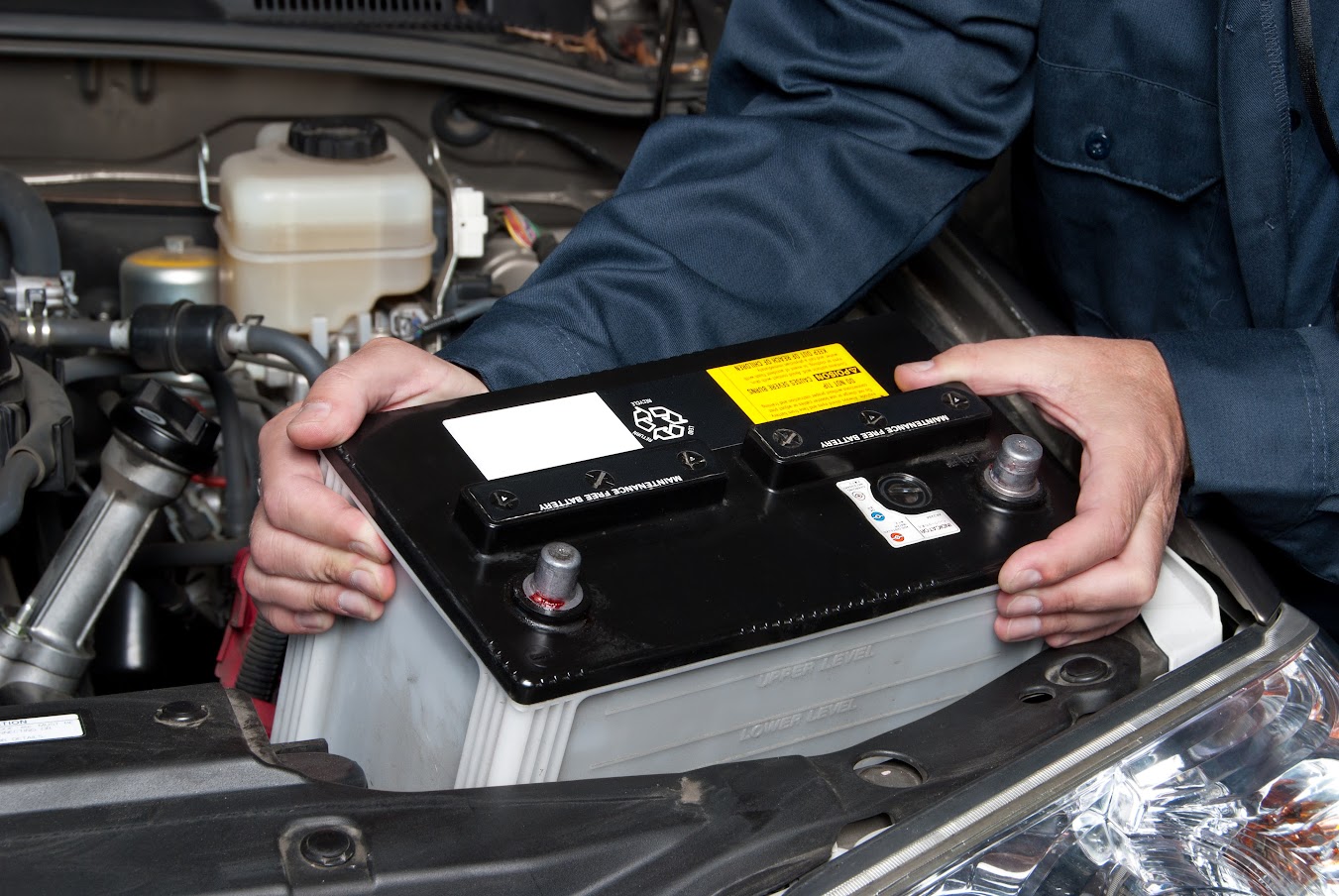A car battery is a crucial component, responsible for powering everything from the ignition system to the headlights. But how long does a car battery last? Understanding a battery’s lifespan can save you from unexpected breakdowns and costly replacements.
Factors Affecting Car Battery Lifespan

Several factors influence how long your car battery will last. These range from climate conditions to driving habits. Knowing these factors can help you proactively maintain your battery and potentially extend its life.
Climate and Temperature
Extreme temperatures, both hot and cold, can significantly impact a car battery’s lifespan. Heat accelerates the chemical reactions within the battery, leading to faster degradation. Conversely, cold temperatures thicken the battery’s internal fluids, making it harder to produce the necessary power.
Driving Habits
Short, frequent trips can prevent your battery from fully recharging, shortening its lifespan. Conversely, long periods of inactivity can also drain the battery. Regularly driving your car for longer durations allows the battery to maintain a healthy charge.
Battery Type and Quality
Different battery types have varying lifespans. For instance, flooded lead-acid batteries typically last 3-5 years, while Absorbent Glass Mat (AGM) batteries often last 5-7 years. The quality of the battery also plays a significant role. A higher-quality battery, while often more expensive initially, can provide more reliable performance and a longer lifespan. Much like selecting the right tires for your vehicle, choosing a quality battery is a worthwhile investment.
Vehicle Condition and Electrical System
Problems within your vehicle’s electrical system, such as a faulty alternator or parasitic drain, can put extra strain on the battery, reducing its lifespan. Regular maintenance and prompt repairs of any electrical issues are crucial for preserving battery health. Just as you wouldn’t neglect a check engine light, addressing electrical problems promptly is vital.
Signs of a Failing Car Battery
Recognizing the signs of a failing battery can help you avoid being stranded. These include:
- Dim headlights
- Slow engine crank
- Clicking sound when starting the engine
- Dashboard warning lights
- Swollen battery case
How to Extend Your Car Battery’s Life
While you can’t prevent a battery from eventually wearing out, you can take steps to maximize its lifespan:
- Regular battery testing: Just like checking your oil, periodically testing your battery can help identify potential problems early on.
- Cleaning the battery terminals: Corrosion on the terminals can impede the flow of electricity, shortening the battery’s life. Cleaning them with a wire brush and a baking soda solution can help maintain good connectivity. This simple maintenance task, similar to how to jump start a car, can significantly impact battery performance.
- Limiting short trips: Whenever possible, combine short trips into longer ones to allow the battery to fully recharge.
- Turning off accessories when the engine is off: Leaving headlights, radio, or other accessories on when the engine is not running can drain the battery.
- Keeping the battery securely fastened: Vibrations can damage the battery’s internal components. Ensuring it’s securely fastened can prevent unnecessary wear and tear.
How Often Should You Replace Your Car Battery?
While the average car battery lasts 3-5 years, it’s wise to consider replacing it preemptively every 3-4 years, especially if you live in an area with extreme temperatures. Just as you would replace worn tires, proactively replacing your battery can prevent unexpected failures.
Conclusion
Understanding how long a car battery lasts and the factors that influence its lifespan can help you avoid unexpected breakdowns and costly replacements. By following the tips outlined above, you can maximize your battery’s lifespan and ensure reliable starting power for years to come. Regular maintenance, like checking your tire pressure, is key to a healthy battery.
FAQ
How can I tell if my car battery is bad? Look for signs like dim headlights, slow engine crank, clicking sounds when starting, and dashboard warning lights.
Can I replace my car battery myself? Yes, but it’s important to follow safety precautions and consult your vehicle’s owner’s manual for specific instructions. It’s similar in complexity to understanding how to jump start a car and requires similar safety precautions.
How much does a car battery replacement cost? The cost varies depending on the battery type and your vehicle, but generally ranges from $100 to $300.
What should I do with my old car battery? Most auto parts stores offer recycling programs for old car batteries. This is important for environmental protection.
Does driving style affect battery life? Yes, short, frequent trips can prevent the battery from fully recharging, shortening its lifespan.
How often should I test my car battery? It’s a good idea to test your battery every six months, especially during extreme weather conditions. Consistent testing, much like regularly checking your vehicle’s fluids, is a great preventative measure.
Can a car battery last longer than 5 years? Yes, with proper care and maintenance, some batteries can last longer, especially higher-quality AGM batteries. Selecting a quality battery, similar to choosing the correct oil for your car, is a worthwhile investment.





